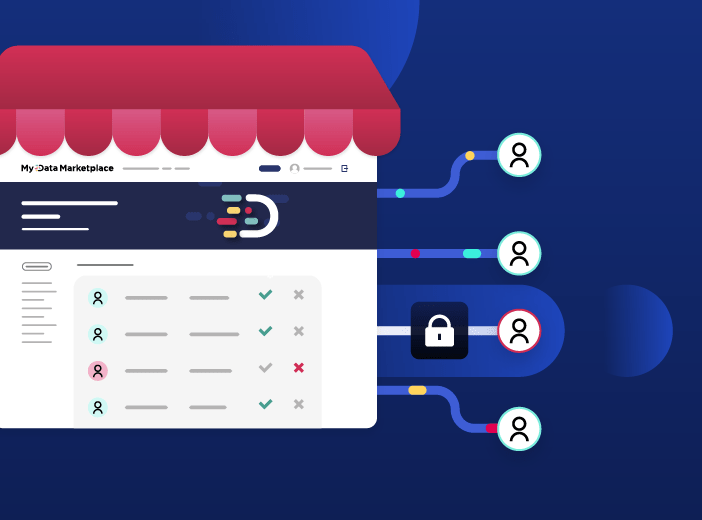Data: A Powerful Brand Communication Tool

Brands are being held responsible for the impacts of their business on society and the environment. Customers need to have access to this kind of information before they are willing to endorse a brand's worldview and commit to a purchase.
The days of “greenwashing” are in the past. It is no longer acceptable to use the word “green” in just any context, without proper justification. Brands are being held responsible for the impacts of their business on society and the environment. Customers need to have access to this kind of information before they are willing to endorse a brand’s worldview and commit to a purchase.
In the current climate, a brand’s commitments to corporate social responsibility (CSR) are judged as carefully as the quality, popularity, or design of its products. This is especially true of the luxury goods and fashion industries, which are linked to a variety of social and environmental impacts, from the selection of raw materials to production processes, human resources, and the transportation of good.
Data as Evidence
Marketing jargon just won’t cut it anymore. In order to maintain their appeal, brands must demonstrate their investment in reducing their negative impact and establishing positive initiatives. All market participants, from investors to customers, influencers, and even NGOs, need tangible evidence in the form of concrete data. Thanks to data, all concerned parties can fact-check more easily and build a foundation of trust based on measurable factors.
These data offer an overview of various topics, including the traceability of raw materials and the social climate in which each link of the company’s production chain is carried out.
Some luxury groups have pledged to share data pertaining to their environmental impact. Their portals are a rich source of information, providing detailed accounts of the raw materials used by their brands, the extraction methods and countries involved, etc. Some companies have even gone so far as to assign a “cost” in dollars to each of these impacts, in order to draw up an EP&L (Environmental Profit and Loss) analysis. Their objective is twofold: demonstrate honesty and transparency in real time, and take steps to reduce EP&L-related expenses in the future. The Kering Group’s ODS portal is an excellent example of this type of use.
A Unique Data Sharing Portal
We have developed a solution that helps environmental affairs, marketing, and communications managers to meet these new challenges head on. This platform brings a broad range and quantity of information together in one place and transforms it into easily accessible data. The information is made available in the form of raw data, as well as through intuitive graphs and tables that can easily be shared and distributed online.
When you establish an open data portal, you are preparing your data to be used as evidence, visible to anyone.
The world is changing, and there can be no doubt: Data sharing is the way of the future. Many major corporate groups have already jumped in. They come from sectors as varied as industry (ex.: Vallourec), finance (ex.: BPCE), and luxury goods (ex.: Kering). What do these initiatives have in common? By emphasizing their brands’ transparency, these groups have the power to impact the entire supply chain and, indirectly, to effect profound change in many market.
In conclusion, data sharing allows brands to offer concrete evidence of the actions they have undertaken and to demonstrate the measurable impacts. The luxury sector is undergoing a sea change, and I’m excited to see where this trend will lead us all.

Data contracts are key to building trust in data in distributed environments, and are at the heart of data products. We look at how to build and enforce data contracts through a data product marketplace to unlock greater value from data.

It can be hard to understand exactly what a data product is, given the many ways that the term is defined and applied. To provide clarity this article provides a business-focused definition of a data product, centered on how it makes data accessible and usable by the wider organization, while creating long-term business value.

